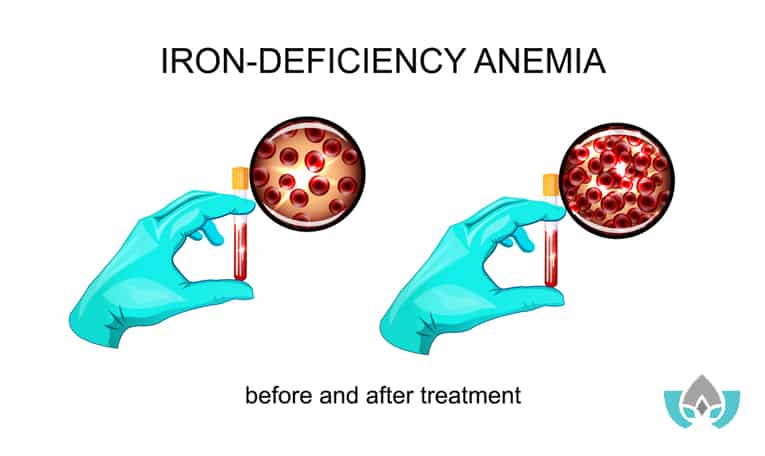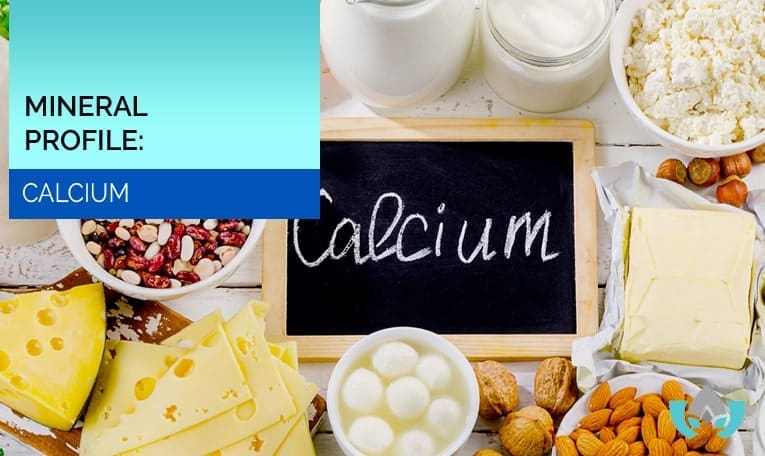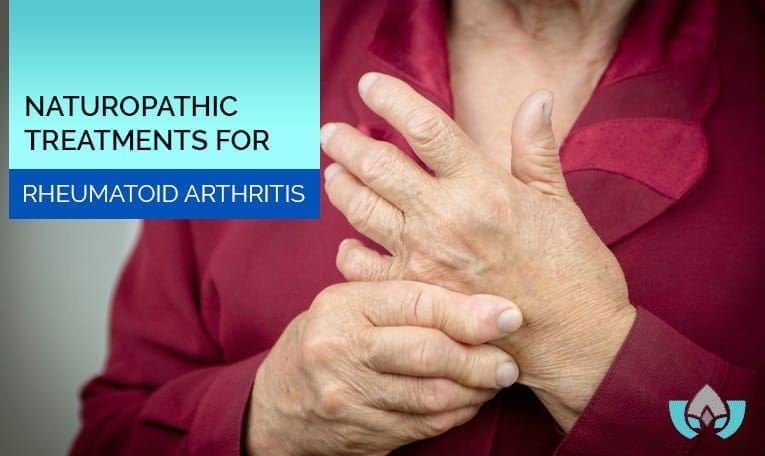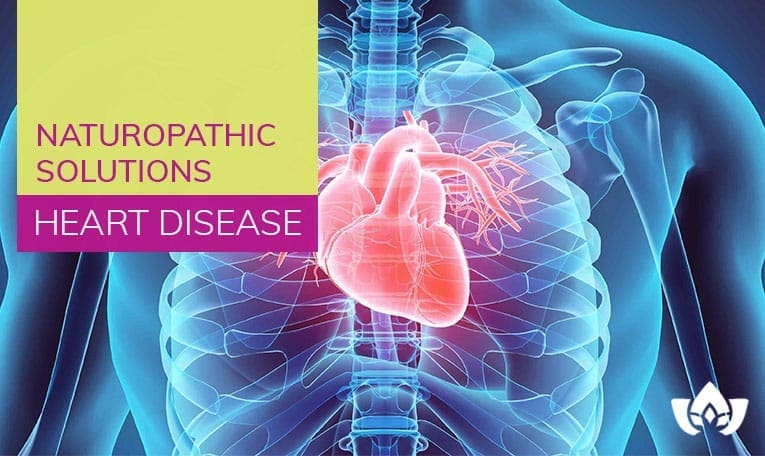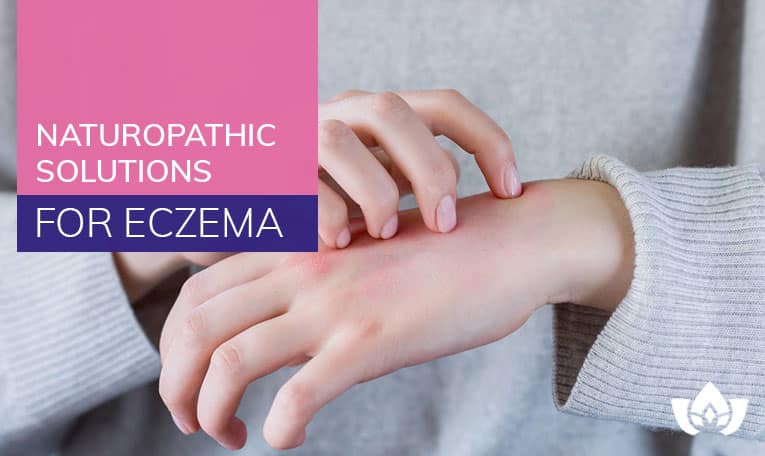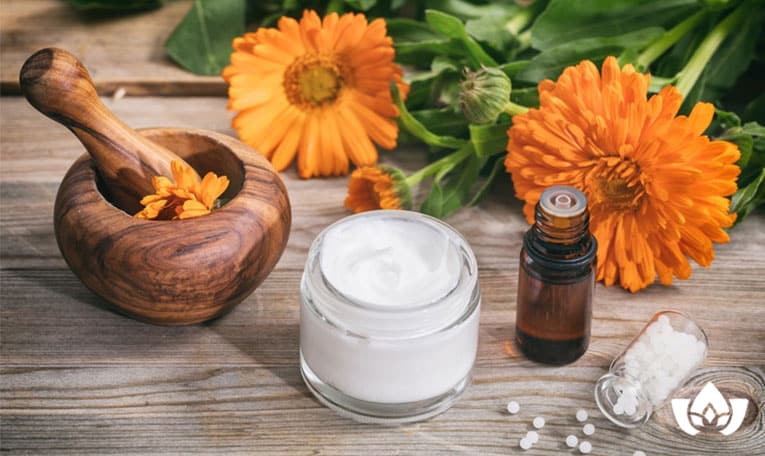

Although most people don’t think of the skin as an organ, in the same sense as their brain, heart, or lungs, the fact is that the skin is the body’s largest organ.
Skin conditions are often the first external sign of other issues in the body, and if you’re experiencing any of these, the Mindful Healing clinic can help.
We’re a naturopathic clinic in Mississauga and we can help provide treatments for skin conditions you might be suffering from.
Keep reading to learn more about different skin conditions, and natural ways to treat them.
Naturopathic Treatments For Eczema
Eczema is an autoimmune condition in which your immune system attacks your skin.
This results in dry, red patches which generally appear in skin folds, such as inside your elbows, on the neck and on the hands and wrists.
Although there is currently no known cure for eczema, there are ways to manage and minimize its effects.
Some ways of providing treatment for eczema include addressing underlying digestive issues which may be aggravating it, lifestyle counselling, and botanical medicine.
Naturopathic Treatments For Psoriasis
Psoriasis is a condition in which your body produces new skin cells at a faster than average rate.
This results in a build up of thick patches, or plaques, resulting in symptoms such as scaly, dry, and cracked skin, ridged nails, and bleeding.
Individuals with psoriasis may also be at risk of developing other conditions, including Crohn’s disease, type 2 diabetes, heart disease, and metabolic syndrome.
In many cases psoriasis has been linked to gut health and conditions such as leaky gut syndrome.
Other triggers may include:
- Tobacco use
- Alcohol use
- Certain pharmaceuticals
- Vitamin D deficiency
- Vitamin B12 deficiency
Any treatment plan for psoriasis will involve first working to discover the underlying triggers, and then applying appropriate treatment methods to address these issues.
Naturopathic Treatments For Hives
Most commonly the result of an allergic reaction, hives are outbreaks of swollen, red lumps on the skin, throat, or tongue.
As a result of the presence of an allergen, blood plasma leaks out of blood vessels as a response to the histamines released when you’re exposed to an allergen.
In most cases, hives will subside on their own, however sometimes they can be chronic and lead to damage to your muscles, lungs, and digestive tract.
Some common triggers for hives include allergens such as:
- Pollen
- Pet dander
- Foods such as eggs, dairy, nuts, and fish
- Certain drugs
As well some conditions which can result in hives are:
- Leukemia
- Some cancers
- Hepatitis
- Thyroid disorders
- Stress
As with any condition which can have multiple causes, the naturopathic approach is to determine and provide treatment for the underlying cause.
Naturopathic Treatments For Cold Sores
Cold sores are painful blisters which show up on the mouth and lips, tongue, cheeks, or inside the mouth.
They are caused by the herpes virus, which is carried by over 66 percent of the population, even if they have never had an outbreak.
Those who carry the virus are more likely to have an outbreak when their immune system is compromised, for instance when they are tired or sick.
Some natural antivirals which can help manage cold sores include:
- Lavender oil
- Licorice root
- Witch hazel
- Eucalyptus oil
As well, eating a diet rich in lysine can also help.
Foods to include are:
- Spirulina
- Soybeans
- Parmesan cheese
- Eggs
- Meat including chicken, beef, and pork
- Codfish and sardines

Naturopathic Treatments For Lupus
Lupus is a chronic condition in which the immune system attacks the body.
It can affect not only the skin, but other organs, as well as joints.
Symptoms include swelling of the joints, muscle pain, chest pain, and fever.
Although lupus can’t be cured, there are treatment options which can help reduce damage and prevent flare-ups.
One common way of providing treatment for lupus involves developing a robust and healthy gut microbiome, with probiotic and prebiotic foods.
Additionally, an alkaline detox diet which involves removing dairy, processed foods, and other inflammatory foods from your diet also prevents exacerbations.
Keeping active can also help reduce symptoms of lupus, and gentle activities such as tai chi or yoga can all be beneficial.
Finally, natural supplements which can help reduce symptoms include:
- Vitamin D
- Omega 3 fish oils
- Curcumin
- Multivitamins
- Probiotics
Naturopathic Treatments For Acne
Acne is a skin condition which nearly everyone will deal with at some point in their life.
Contrary to popular opinion, it’s not caused by eating too much chocolate or indulging in greasy foods.
It develops when the pores of your skin become clogged due to excess production of sebum.
Potential naturopathic treatments for acne can include:
- Traditional Chinese medicine
- Acupuncture
- Detox plan
- Hormonal balancing
- Botanical medicine
Naturopathic Treatments For Other Skin Conditions
We’ve talked about some of the skin conditions which can benefit from a naturopathic approach; however this is by no means a comprehensive list.
Other conditions which naturopathic medicine can help with include:
- Keratosis
- Warts
- Shingles
- Rosacea
- And many others
Book An Appointment With The Mindful Healing Clinic
Have you developed a skin condition you don’t recognize?
Or perhaps, with spring in the air you’re worried about hives or other reactions to pollen and allergens.
Maybe the stress of COVID-19 and the ongoing pandemic is causing a flare up in your eczema which you haven’t seen in years.
Whatever the issue, the Mindful Healing Clinic can help.
Contact us today for more information, or to set up a consultation.


